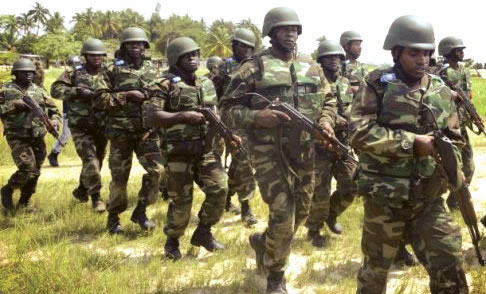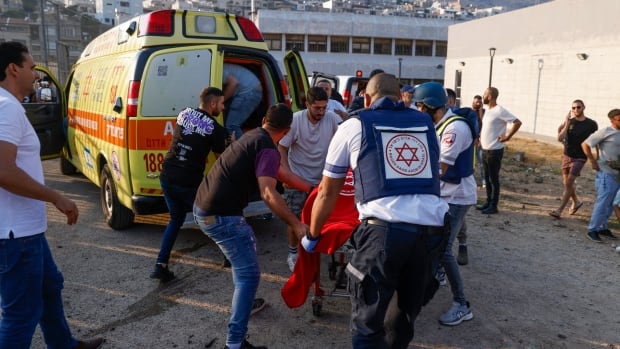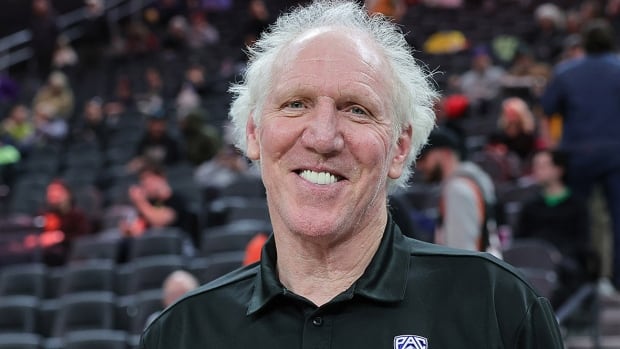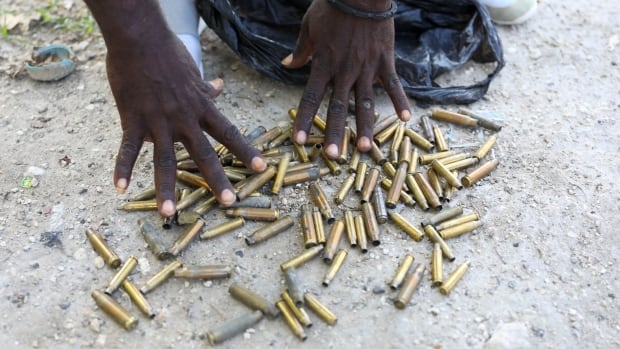A rare general strike in Israel to protest the failure to return hostages held in Gaza led to disruptions around Israel on Monday as protests were into their second day.
U.S. President Joe Biden has also weighed in, saying Israeli Prime Minister Benjamin Netanyahu isn’t doing enough to reach a deal for a ceasefire and hostage release.
Hundreds of thousands of Israelis poured into the streets late Sunday in grief and anger after six hostages were found dead in Gaza. The families and much of the public blamed Netanyahu, saying they could have been returned alive in a deal with Hamas to end the nearly 11-month-old war in Gaza.
But others support Netanyahu’s strategy of maintaining relentless military pressure on Hamas, the militant group behind the Oct. 7 attack into Israel that triggered the war. The general strike was ignored in some areas, reflecting deep political divisions in Israel over a ceasefire deal.
Biden made his comments as he arrived at the White House for a meeting with advisers involved in negotiating a deal. Asked if Netanyahu was doing enough, Biden responded, “No.”

He insisted that negotiators remain “very close” to a deal, adding, “Hope springs eternal.”
Hamas has accused Israel of dragging out months of negotiations over a ceasefire by issuing new demands, including for lasting Israeli control over two strategic corridors in Gaza. Hamas has offered to release all hostages in return for an end to the war, the complete withdrawal of Israeli forces and the release of a large number of Palestinian prisoners, including high-profile militants.
Netanyahu has refused to commit to an end to the offensive in Gaza as part of a ceasefire deal and has pledged “total victory” over Hamas, blaming the militant group for the failure of the negotiations.
Tens of thousands of people took to the streets in Israel to protest the government after six hostages were found dead in a tunnel in Rafah, a city in southern Gaza. Many accuse Prime Minister Benjamin Netanyahu of not doing enough to reach a deal to release the remaining hostages.
When asked about Biden’s comments, Netanyahu said pressure should be applied to Hamas, not Israel.
“And now after this we’re asked to show seriousness? We’re asked to make concessions? What message does this send Hamas? It says kill more hostages,” he told a news conference in Jerusalem.
In response to the Israeli comment, a U.S. official said that while Biden had been clear that Hamas was to blame for the hostages’ deaths, “he is also calling for urgency from the Israeli government in securing the release of the missing remaining hostages.”
Senior Hamas official Sami Abu Zuhri said Biden’s criticism of Netanyahu was “American recognition that Netanyahu was responsible for undermining efforts to reach a deal.”
Eylon Keshet, whose relatives are among Israelis still being held hostage in Gaza after they were taken by Hamas on Oct. 7, 2023, says the discovery of six hostages who were killed in the enclave shows that more pressure needs to be put on Israel’s government, Hamas officials and world leaders to secure a ceasefire deal.
Netanyahu also rejected calls to soften his demand to keep troops in the southern Gazan border area as the price for a ceasefire deal. The issue of the so-called Philadelphi corridor, on the southern edge of the Gaza Strip bordering Egypt, has been a major sticking point in efforts to secure a deal to halt the fighting in Gaza and return Israeli hostages held by Hamas.
Hamas has rejected any Israeli presence, while Netanyahu has insisted that Israel will not abandon the corridor, where Israeli troops have uncovered dozens of tunnels they say have been used to smuggle weapons and ammunition into Gaza.
Israeli Defence Minister Yoav Gallant, who has clashed repeatedly with Netanyahu and other ministers, called on the cabinet on Sunday to reverse an earlier decision to keep troops in the Philadelphi corridor in order to reach a deal to bring more hostages home.
Strike, protests aim to put pressure on Netanyahu
The general strike, called by Israel’s largest trade union, Histadrut, ended early after a labour court said it must cease by 2:30 p.m. local time, accepting a petition from the government calling it politically motivated.
It was the first such strike since the start of the war that aimed to shut down or disrupt major sectors of the economy, including banking and health care.

As protests continued into Monday in Tel Aviv and across the country, protesters gathered in the streets to continue demanding action from their government and to express their grief.
“This is unbelievable that we have people killed there and our government is doing not what they’re supposed to be doing,” Gili Baruch, one of the protesters in Tel Aviv, told CBC News. “I’m here to pay respect, to resist, to shout out and say this is not the way it should be.”
Airlines at Israel’s main international airport, Ben-Gurion, were halting outgoing flights between 8 and 10 a.m. on Monday. Histadrut said banks, some large malls and government offices had joined the strike, as well as some public transit services, although there did not appear to be major disruptions.
Municipalities in Israel’s populated central area, including Tel Aviv, participated in the strike, leading to shortened school hours.

Hundreds of thousands protest over hostage deaths
The demonstrations on Sunday appeared to be the largest since the start of the war, with organizers estimating that up to 500,000 people joined nationwide events and the main rally in Tel Aviv. Israeli media estimated 200,000 to 400,000 took part.
They are demanding that Netanyahu reach a deal to return the roughly 100 hostages remaining in Gaza, even if it means leaving a battered Hamas intact and withdrawing from the territory.
Israel said Hamas killed all six hostages shortly before Israeli forces arrived in the tunnel where they were being held.
Three of them, including an Israeli American, were reportedly scheduled to be released in the first phase of a ceasefire proposal discussed in July. The Israeli Health Ministry said autopsies had determined the hostages were shot at close range and died on Thursday or Friday.

One of the six hostages was Israeli American Hersh Goldberg-Polin, 23, a native of Berkeley, Calif. In April, Hamas issued a video that showed him alive, sparking protests in Israel. On Monday, thousands of mourners lined the streets of Jerusalem for his funeral.
“I feel he was like a symbol of the hostages,” Amnon Sadovsky, a 70-year-old teacher, told Reuters. “We need to have humanity for all people — for Jews and for Arabs.”
Some 250 hostages were taken on Oct. 7. Israel now believes about 100 remain in captivity, including 35 who are thought to be dead. More than 100 were freed during a ceasefire in November in exchange for the release of Palestinians imprisoned by Israel. Eight have been rescued by Israeli forces. Israeli troops mistakenly killed three Israelis who escaped captivity in December.
Abu Ubaida, the spokesperson for Hamas’s armed wing, al-Qassam Brigades, announced on Monday that the group has issued new instructions to guards on how to handle hostages if Israeli forces approach their locations in Gaza.
He said the new instructions, which he didn’t detail, were given to guards of hostages after a rescue operation by Israel in June. At that time, Israeli forces freed four hostages in a deadly raid in which dozens of Palestinians, including women and children, were killed.
“Netanyahu’s insistence to free prisoners through military pressure, instead of sealing a deal, means they will be returned to their families in shrouds. Their families must choose whether they want them dead or alive,” he said.
Hamas-led militants killed some 1,200 people, mostly civilians, when they stormed into southern Israel last October, according to Israeli tallies. Israel’s retaliatory offensive in Gaza has killed more than 40,000 Palestinians, according to local health officials.
The war has displaced the vast majority of Gaza’s 2.3 million people, often multiple times, and plunged the besieged territory into a humanitarian catastrophe, including new fears of a polio outbreak.








